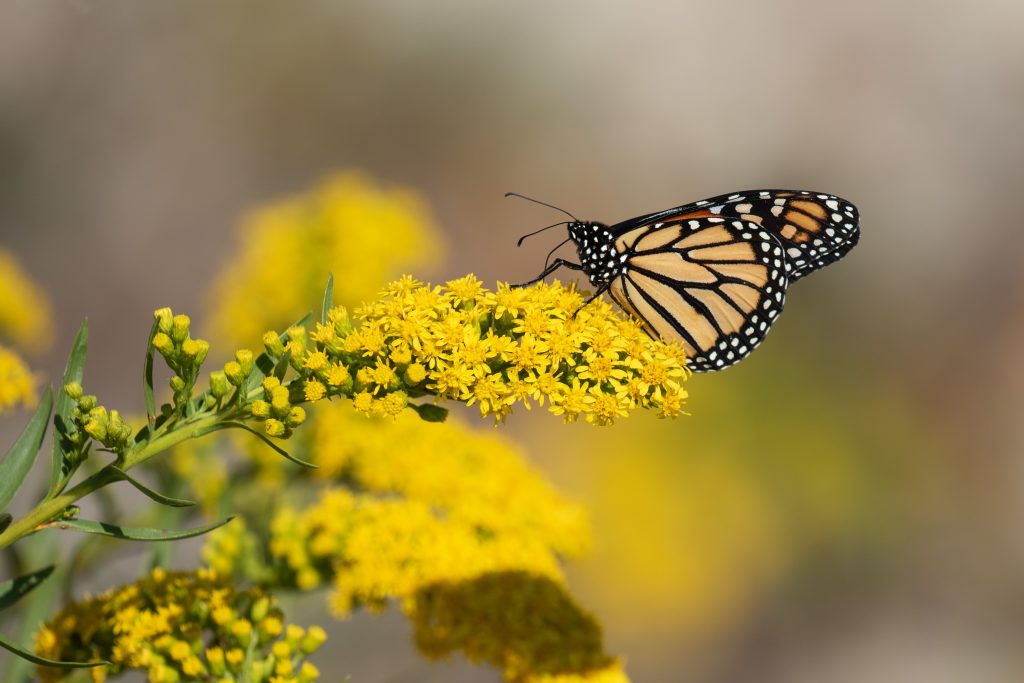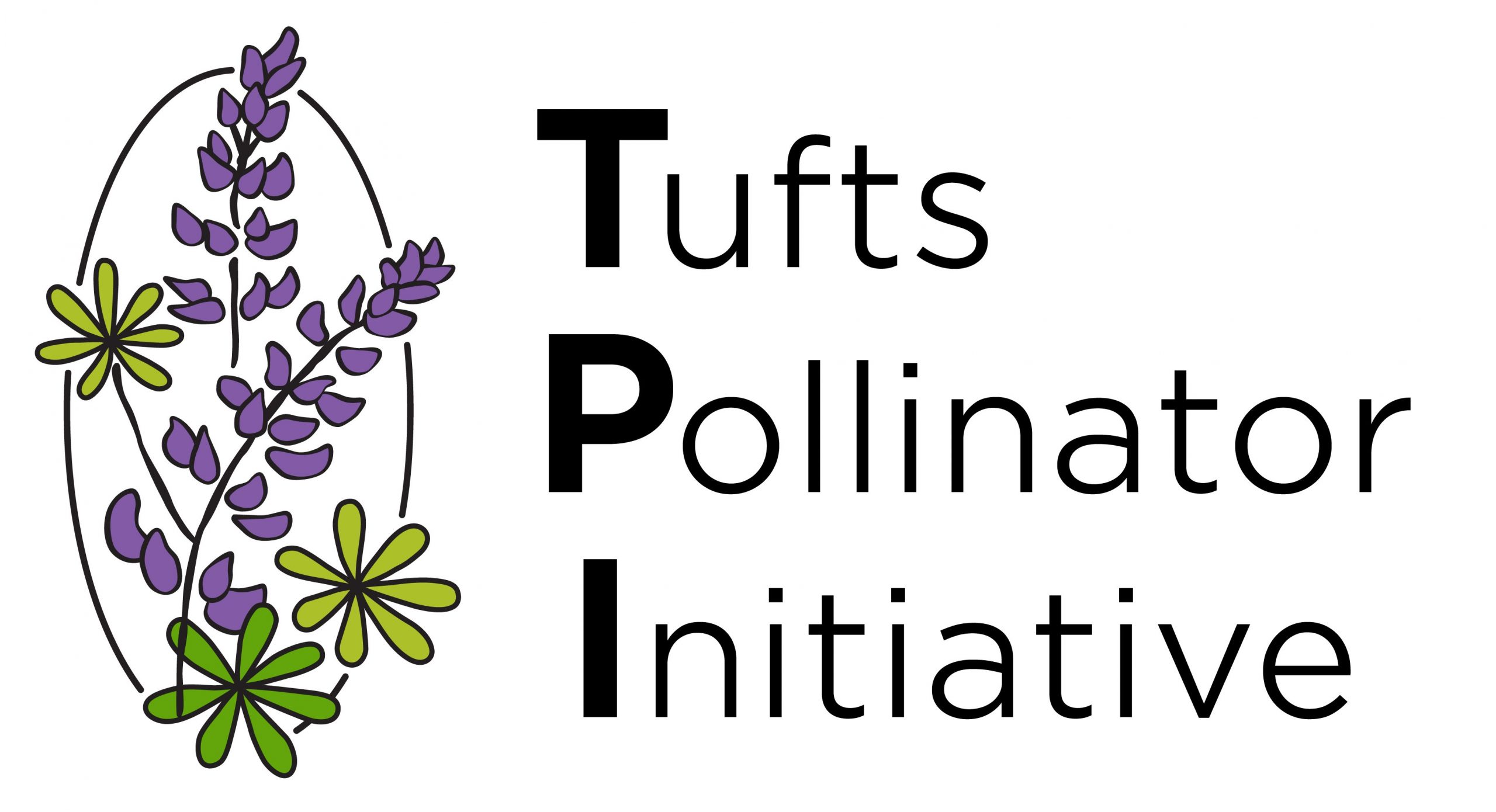2020 was a rough year for everyone, including pollinators. Asian giant hornets arrived in Washington state, threatening honey bees; western Monarch butterfly numbers were the lowest in the past 30 years; neonicotinoid pesticides continue to be approved for use in the United States; and endangered rusty-patched bumble bees did not receive critical habitat because their biology is too poorly understood. That’s just the start.
Pollinators face a relentless barrage of threats from humans. The main factors driving pollinators declines include habitat loss, pesticides, climate change, light pollution, and the spread of exotic species and disease. Recently, scientists framed pollinator declines as “death by a thousand cuts,” underscoring that no single factor is solely responsible. Rather, the combination of multiple factors working in tandem is the greatest threat.
With this in mind, 2021 is a perfect year to resolve to make a small change in your lifestyle to support pollinators. Inspired by a recent list of actions to conserve insects, TPI proposes five actions you can take in 2021 to make a difference in the lives of urban pollinators:
1. Grow native plants. Native plants are beautiful and adapted to the local environment, meaning they require less water and fewer chemical inputs compared to ornamental plants. Even more, they offer food (pollen, nectar, leaves), nesting sites, and shelter for pollinators. Native plants also provide cultural benefits in the form of reconnecting community members to their local environments. Interested in growing natives? Check out our native planting guides and stay tuned for details regarding TPI’s native plant sale during 2021 national pollinator week.

2. Reduce your pesticide use. Pesticides are nasty chemicals that are widely used to suppress pest insects and weeds, but also cause non-target effects in pollinators. In spite of successful efforts in Europe to increase regulation on these pesticides, as well as ongoing campaigns here in the U.S., many harmful chemicals remain available to consumers worldwide. On average, lawns receive ten times more pesticides than do conventionally grown crops. Use pesticides judiciously and in a targeted way; avoid broad applications and claims by companies to “eradicate mosquitos.” Remember: any product that kills a mosquito also kills a bee.
3. Turn off your lights at night. Artificial light at night (ALAN) is one of most recognizable signatures of humanity from space. Yet, it also spells disaster for nocturnal pollinating insects like moths and beetles. Insects attracted to lights are easily picked off by predators and are worse at finding mates. As a result, insect populations suffer in areas with high ALAN such as cities. To curb declines of nocturnal pollinating insects, install motion-activated lights, replace bright blue-white lights with softer red-orange ones, or plant a moon garden containing night-blooming plants. Let’s keep our skies dark.
4. Shop local and support farmer’s markets. Many growers and vendors in Somerville and Medford near Tufts University (like the Somerville Winter Market and Neighborhood Produce) are committed to supporting pollinators by selling pesticide-free, locally-made products. Shop there as often as possible in order to avoid less insect-friendly alternatives at larger chain stores.
5. Educate others and share this post. Urban pollinator conservation depends on the active participation of the community. Become an advocate for pollinator conservation by writing to your politicians, installing a yard sign, or by simply talking about it—to your kids, your friends, your neighbors, your hairdressers, your bakers, your baristas. Teach them that bees come in all shapes and sizes or challenge them to notice their first monarch butterfly of the year. Simple awareness of pollinators—getting people to notice their environment—is the goal.
Have you made any pollinator resolutions for 2021? Let us know! We’d love to hear from you.

